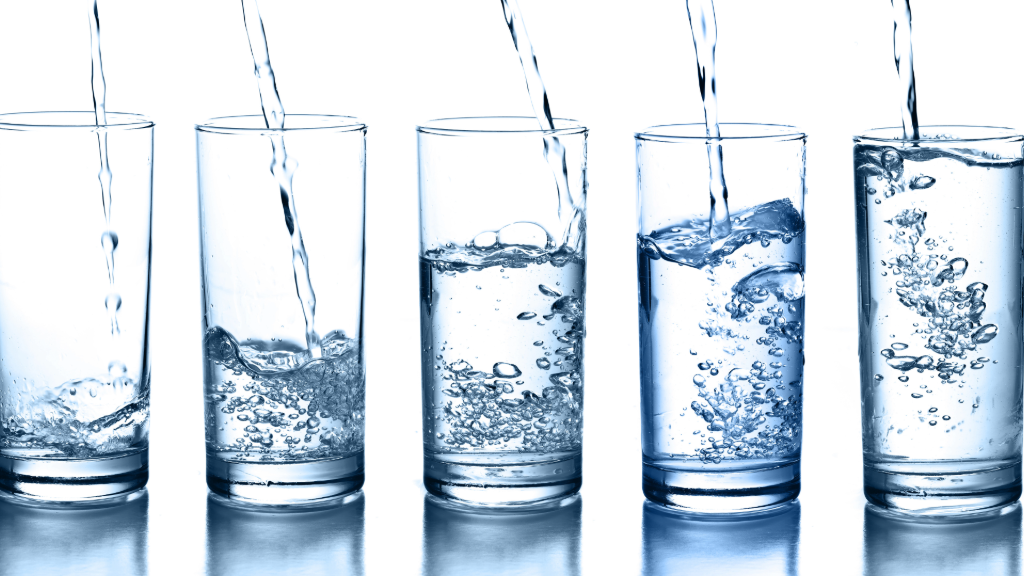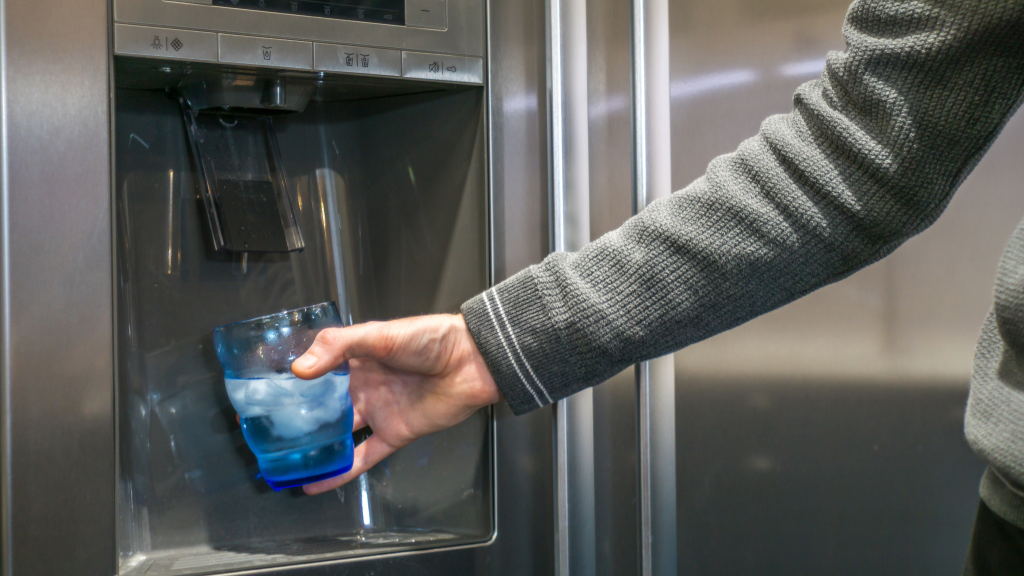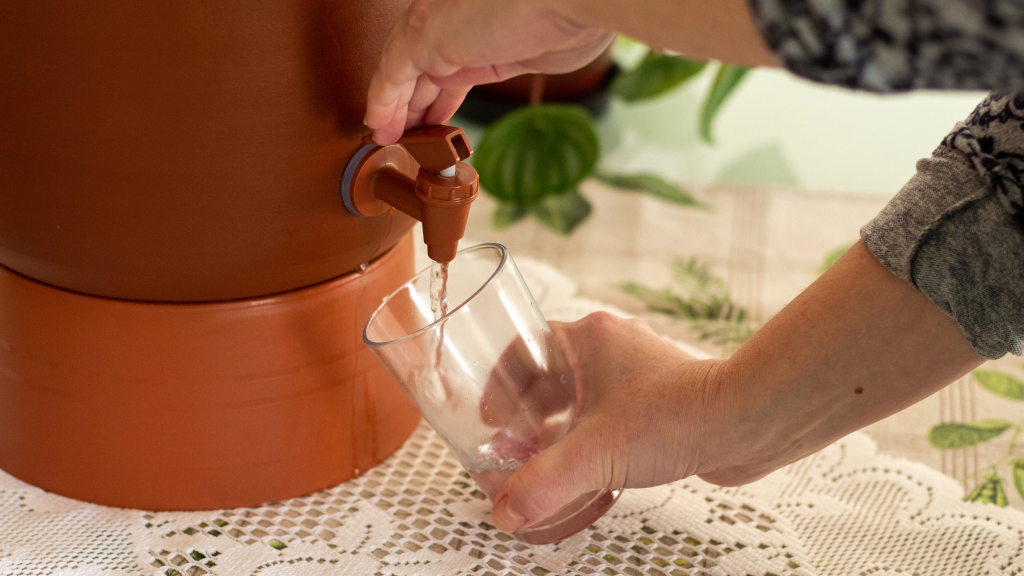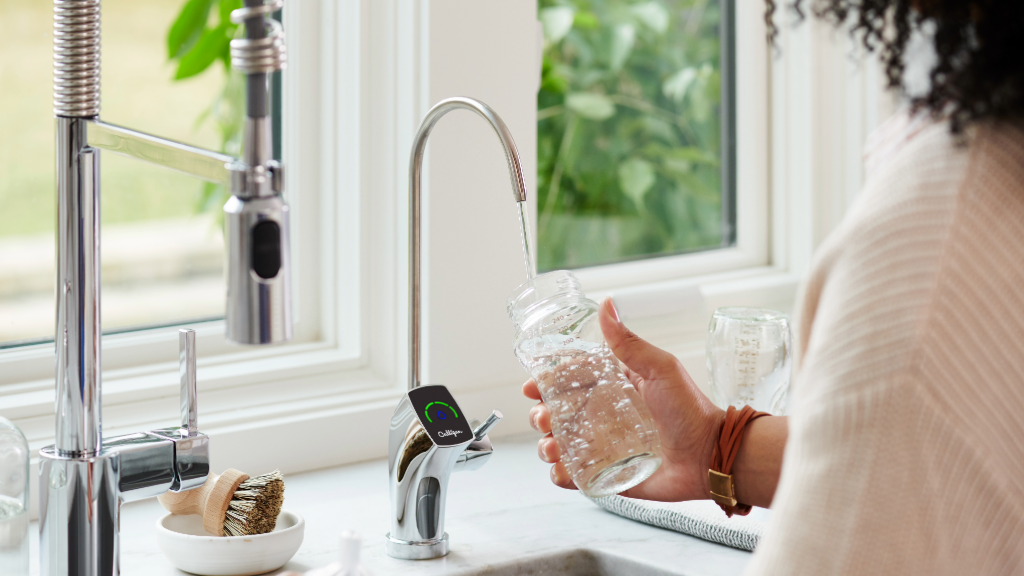What’s The Best Water Filter: A Comparison of Filtration Methods

Looking for the best water filter? With several solutions on the market, it’s hard to know which water filtration is best. We’ve compared different types of water filtration solutions bearing budget, capacity, filtration capabilities and ease of installation in mind to help you find the best water filter for your needs.
The Problem: Contaminants in Tap Water
Clean water is crucial for our health and well-being. Contaminated tap water can carry bacteria, heavy metals, PFAS, pharmaceuticals and various pollutants, raising health risks for families everywhere. With an array of filtration methods available, finding the right one for your home is essential. Many tap water supplies contain harmful contaminants. Substances like PFAS, lead, chlorine/chloramine, and bacteria can seep into our drinking water. Regular testing shows that even in Oklahoma City, pollutants can be present. The challenge is to find an effective water filtration method that suits your needs.
Choosing the Right Filter: An Overview of Options
With various filtration methods available, how do you know which is best? Below, we explore several options: Fridge filters, pitcher filters, countertop filters, under-sink reverse osmosis filters, and whole-house filters. Each has its strengths and weaknesses.

Fridge Filters
How Refrigerator Filters Work: Simple and Convenient
Many of us own a refrigerator with built-in water and ice dispenser. These fridge filters use carbon filtration to remove contaminants, offering immediate access to cleaner water.
Pros and Cons: Cost-effectiveness and Filtration Capacity
- Pros:
- Affordable and no installation is needed.
- Immediate filtration during use.
- Cons:
- Limited filtration capacity, won’t remove all contaminants.
- May require more frequent filter changes to remain effective, which can be costly over time.

Pitcher Filters
How Pitcher Filters Work: Gravity-fed Filtration
Pitcher filters function through gravity. Water pours from the top, passing through a filter cartridge before reaching the bottom.
Pros and Cons: Ease of Use and Limited Capacity
- Pros:
- User-friendly with no installation needed.
- Portable and straightforward to refill.
- Typically low up-front cost.
- Cons:
- Limited capacity, needing frequent refills.
- Slow filtration time, limiting access to clean water on demand.
- Frequent filters changes add up to higher long-term costs.

Countertop Filters
How Countertop Filters Work: Enhanced Filtration Technology
Countertop filters sit on your kitchen counter and are gravity fed. They often use multi-stage filtration to remove various contaminants.
Pros and Cons: Versatility and Space Requirements
- Pros:
- Powerful filtration capabilities are available, covering multiple contaminants.
- No permanent installation.
- Cons:
- Takes up counter space.
- Slow filtration time.
- Difficult to refill.

How Under-Sink Reverse Filters Work:
Under-sink reverse osmosis filters fit beneath your sink and connect directly to your plumbing. These systems often provide extensive filtration for drinking and cooking water on demand.
Pros and Cons: Installation Complexity and Long-Term Cost Savings
- Pros:
- Most effective water filtration, removing over 99% of contaminants
- Space-saving solution.
- Long-term cost efficiency compared to buying bottled water or other filtration options.
- Regenerates and refills itself.
- Cons:
- Requires installation, which may require a professional.
- Requires filter changes roughly once a year.

Whole-House Filters
How Whole-House Filters Work: Comprehensive Water Treatment
Whole-house filters treat all water entering your home. They remove contaminants on a larger scale, providing clean water from every tap.
Pros and Cons: System Cost and Maintenance Requirements
- Pros:
- Protects all water sources in your home.
- Reduces maintenance on appliances.
- Cleaner water for cooking, cleaning, bathing and drinking.
- Cons:
- Higher initial costs and professional installation.
- Regular maintenance needed for optimal performance.
- May not remove as many contaminants as reverse osmosis.
Conclusion
Key Takeaways: Choosing the Right Filter for Your Needs
Water quality issues are not isolated to developing countries and can affect families in Oklahoma. To select the best water filter, identify your requirements. Consider factors like space, installation, cost and frequency of filter changes and the contaminants you need to remove. If removing the greatest number of contaminants is a priority for you, we recommend a reverse osmosis system.
Actionable Tips: Maintenance and Filter Replacement
Even the best filters require ongoing maintenance. Check your filters regularly and replace them according to manufacturer recommendations for optimal reduction of contaminants.
Final Thoughts: The Importance of Clean Water Access
Access to clean water is vital for a healthy life. Exploring different filtration methods will help ensure you and your family drink safe, clean water. Take the time to find the best solution for your home, and enjoy the benefits of pure water.
